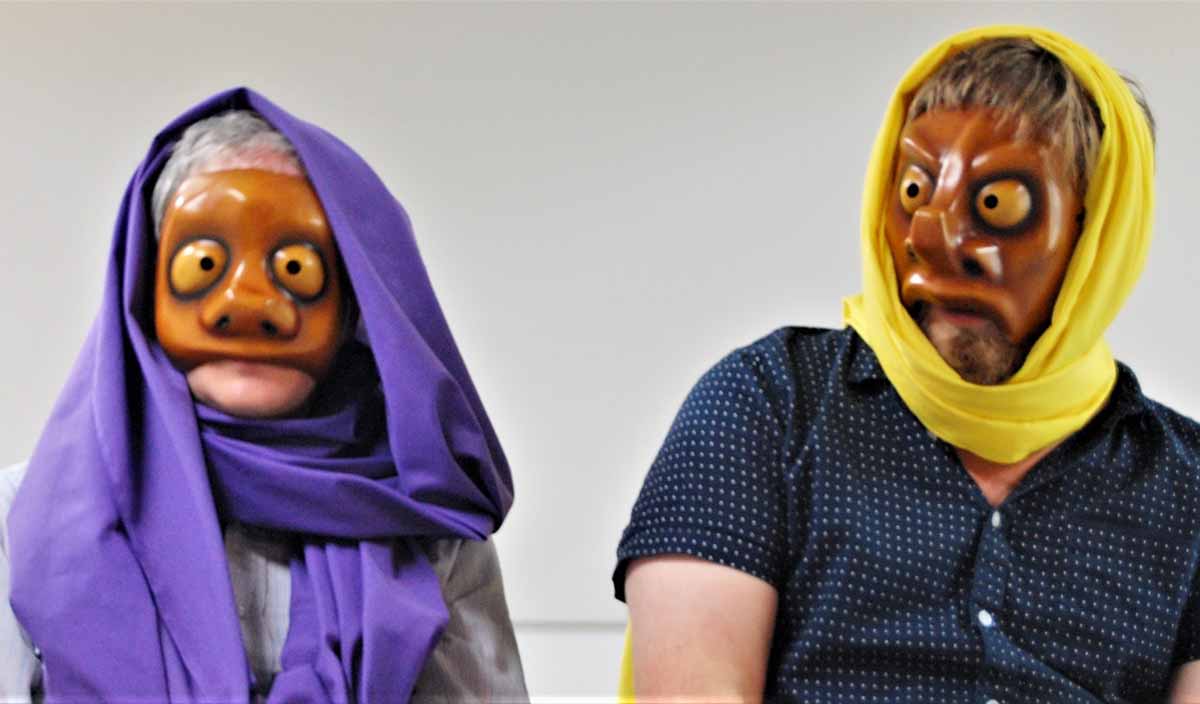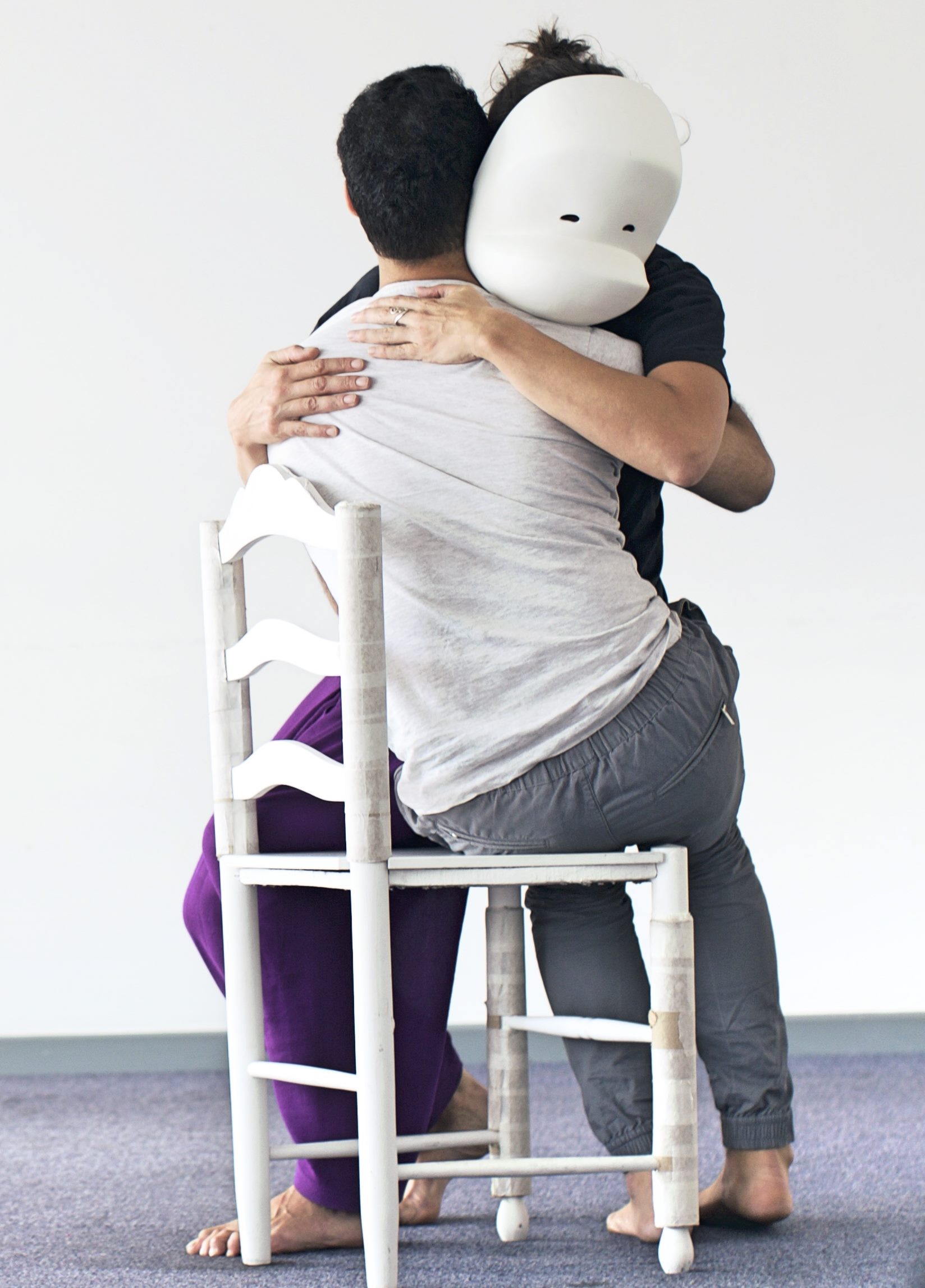

Remy Bertrand is part of a select group of improvisation facilitators with over 10,000 hours of teaching experience. Based in London, UK, Remy has been teaching and training people in improvisation internationally since 2006 through Imprology, as well as in drama schools, universities, charities, and other institutions. He has directed several large-scale improvised performances with Zootrophic, a multi-disciplinary ensemble, and has co-directed improvised short films with Peter Snowdon. Remy also hosts (Love Explosion), an improvised open-stage show.
His recent training includes work with John Wright (Impro, Clown), Kate Hilder and Sten Rudstrom (Action Theatre), Mary Overlie (Six Viewpoints), Lee Simpson (Open Space, Impro), Lucy Hopkins (Clown), and Punchdrunk (Immersive Theatre).
Remy believes his greatest teachers have been his students. He approaches improvisation as a transformational process, emphasising pleasure, curiosity, and courage. Many of his students have gone on to become professional performers, directors, and educators, while others have applied improvisation skills in fields such as psychotherapy, corporate training, and community engagement. Alumni of his workshops have created their own theatre companies, toured internationally, and developed innovative projects that blend improvisation with film, music, and social activism.
Marianne Hooper (Pixie) has a deep understanding of improvisation thanks to a strong commitment to the form and a neuro-atypical mind. She trained as an actor at East 15 and Clean Break Theatre Company, and as an improviser and impro teacher and trainer with Remy Bertrand at Imprology. Marianne has studied theoretical physics at UCL as well as Mindfulness, Reiki, Judo and numerous schools of psychotherapy. She is a regular performer with the ensemble improvisation company Zootrophic.
We welcome everyone to our improv classes except habitual bullies. A big part of our job is to allow sufficient time and space for things to run their course, promote compassion and forgiveness to self and others, and substitute the need to shine and achieve with the desire to explore and experiment.
Practicing improvisation might help you gain precious insight into how you relate to yourself and others. Improv might offer relief and a little distance between you and the clamours of the world. However, your facilitator is not a trained therapist. He or she is your guide in a forest of possibilities. You are in charge of your journey. We'd love to start a cult because that is where the real money is. In the meantime, we’d like to demystify as much of the improv process as possible and offer simplicity as the ultimate sophistication.
You don't need to drink or get high before an improv class. A good warm-up will have the same effect, only ten times better.
On an average day, we will teach you stuff you don't know or have forgotten. On a great day, we will together discover things none of us knew existed.
We advocate improvisation as an optimum level of unpreparedness, and this influences the way we teach. Our classes are always highly experimental, and our facilitators will, for the most part, improvise their facilitation. When you haven't prepared obsessively, you need to pay more attention to what is happening around you and use what is there collaboratively. This leads to magical moments that nobody could have anticipated. Improvisation can be scary. Our facilitators keep doing it, so we don't forget how it feels.
We have as few rules as possible. Rules are attempts to remedy past failures and offer no guarantee about the future. We've noticed that people who feel respected tend to be respectful without having to obey rules about it.
We run many free events, like classes, open door gatherings, and participative shows. If you spot a paying course that you can't afford because it would genuinely deprive you of the indispensable, please contact us at with:
- The course references;
- The amount of money you can afford to pay for this course;
- Any non-monetary ways you are offering to contribute.
We will do our best to accommodate you (money shouldn't decide everything), bearing in mind that we receive no other funding than what people pay for our classes.
